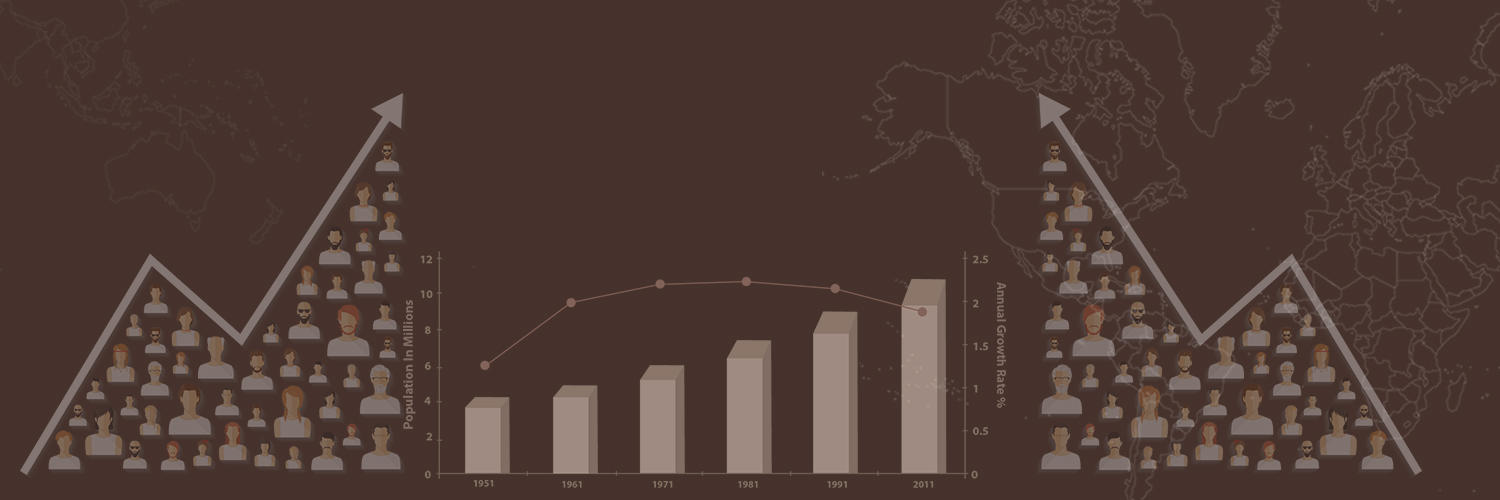Consumer Rights
Safety is everyone’s right
- Consumers have the right to be protected against the marketing of goods and delivery of services that are harmful to life and property.
Information about goods and services
- Rules have been made so that the manufacturer displays such information because consumers have the right to be informed about the particulars of goods and services that they purchase so that they can complain and ask for compensation or replacement if the product proves to be defective in any manner.
- RTI (Right to Information) Act ensures its citizens all the information about the functions of government departments.
- A consumer who receives a service irrespective of capacity and regardless of age, gender and nature of service, has the right to choose whether to continue to receive the service.
Where should consumers go to get justice?
- Consumers have the right to seek redressal against unfair trade practices and exploitation.
- Under COPRA, three-tier quasijudicial machinery at the district, state and national levels were set up for redressal of consumer disputes.
- District Forum is the district-level court.
- State Commission is the state level court.
- National Commission is the national-level court.
ISI and Agmark
- Certain logos with the letters ISI, Agmark or Hallmark and certification on the commodity covers help consumers get assured of quality while purchasing the goods and services.
